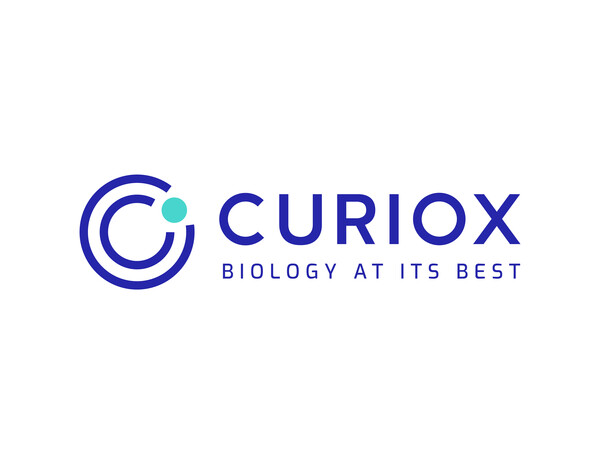Curiox Biosystems announced Friday that it participated in a workshop co-organized by the National Institute of Standards and Technology (NIST) and the U.S. Food and Drug Administration (FDA) at the University of Maryland's Institute for Biosciences and Biotechnology Research (IBBR), presenting the future of innovative cytometric technologies.

The workshop was held from Nov. 1 to 3. Leaders and experts from NIST, FDA, the bioscience industry, and academia gathered to discuss measurements and standards for advanced therapy.
In the presentation, "Gold-standard sample preparation of the past, present and future - the promise of automation," Kim Nam-yong, CEO of Curiox Biosystems, shared his vision of how Curiox's current Laminar Wash products and upcoming new products will revolutionize the standardization of cytometry.
He also emphasized the importance of reproducible results and how automation contributes to greater data consistency and efficiency in biological research.
In addition, Dr. Patrizia Porazzi from the University of Pennsylvania School of Medicine presented “An academic lab perspective on next-generation CART19 products’ characterization when working with cryopreserved patient cells" and referred to the importance of Curiox's Laminar Wash AUTO 1000, explaining how it can help achieve automation and standardization.
"The NIST-FDA workshop highlighted the need for automated processes in cytometry, and we are confident that our automation solutions will accelerate the innovative development of cellular gene therapies," said CEO Kim said. "We look forward to continuing our research and development efforts to help shape the future of medical technology."
Meanwhile, Curiox will present new achievements in Laminar Wash technology to medical professionals and researchers around the world in a webinar sponsored by the journal Nature on Wednesday next week.
The webinar will feature Dr. Marco Ruella from the University of Pennsylvania School of Medicine, who will present his research on resistance to CAR-T cell immunotherapy for hematologic cancers, explaining how Curiox's technology is approaching and contributing to the development of next-generation therapies.

